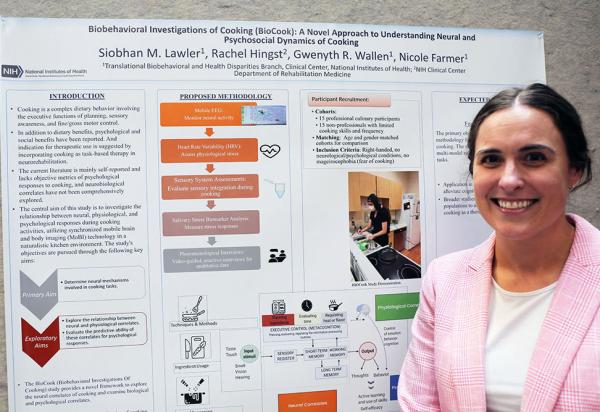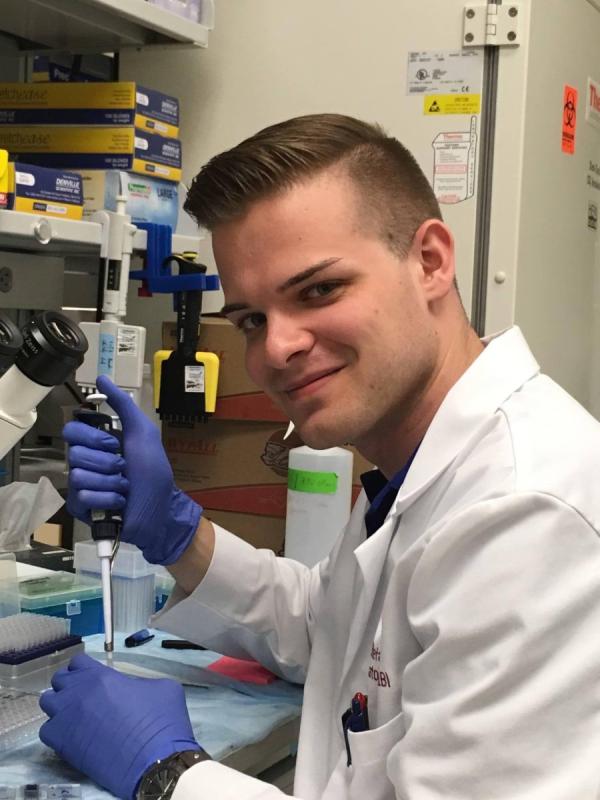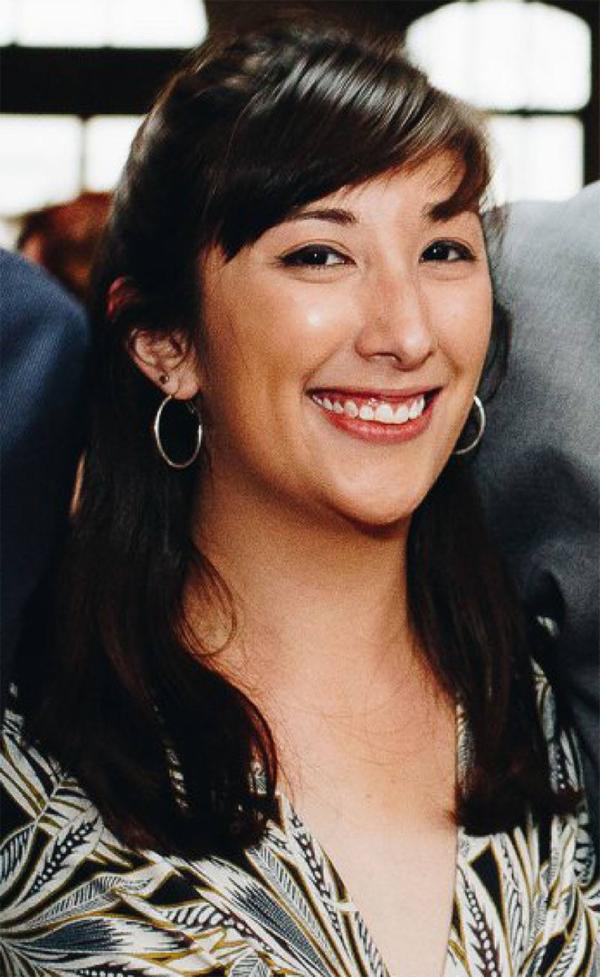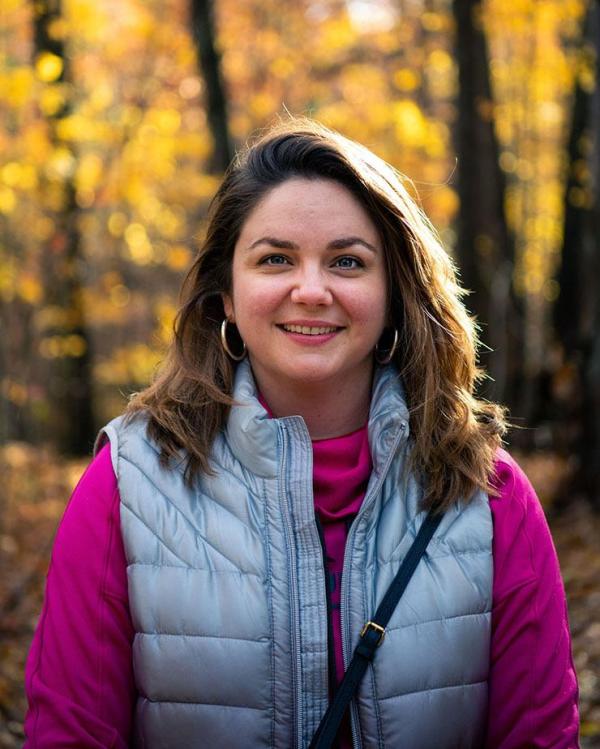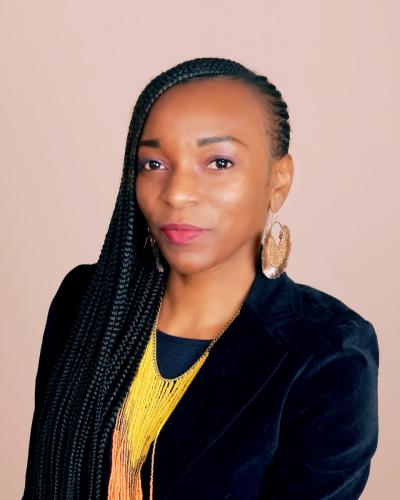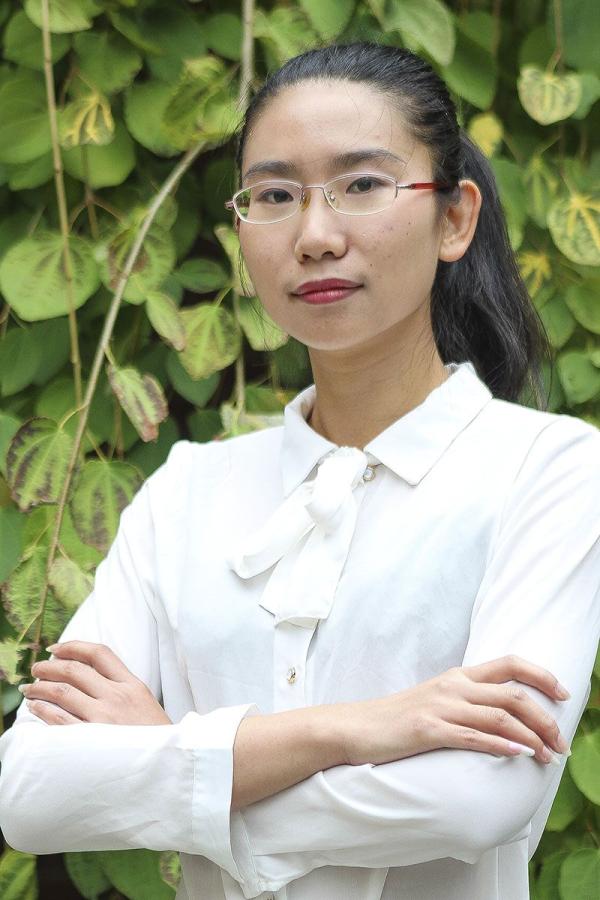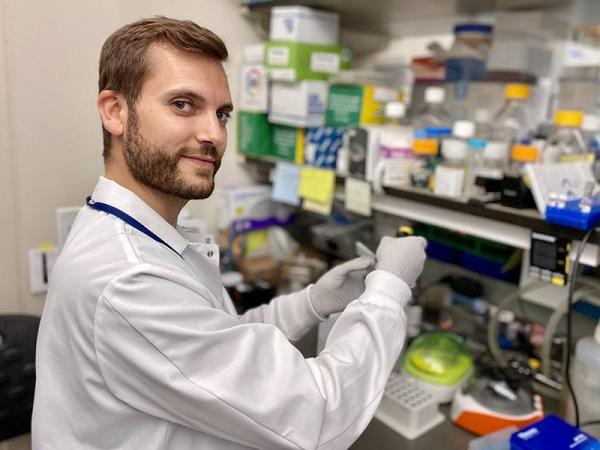Three-Minute Talks: A Succinct Showcase of Science
Annual Competition Tests Researchers’ Communication Skills
Everyone recognizes that science can’t just stay in the lab — it can only do good if it finds applications out in the wider world, whether that’s in the form of new technologies, new medical treatments, or a change in public policy. However, the importance of getting scientists out of the lab to engage with the public has been emphasized much less until recently. One of NIH’s approaches to solving that problem is its annual Three-Minute Talks (TmT) competition, which encourages NIH postbaccalaureate fellows, graduate students, and postdoctoral fellows to figure out a way to succinctly explain their research to people who may know nothing at all about what they do.


